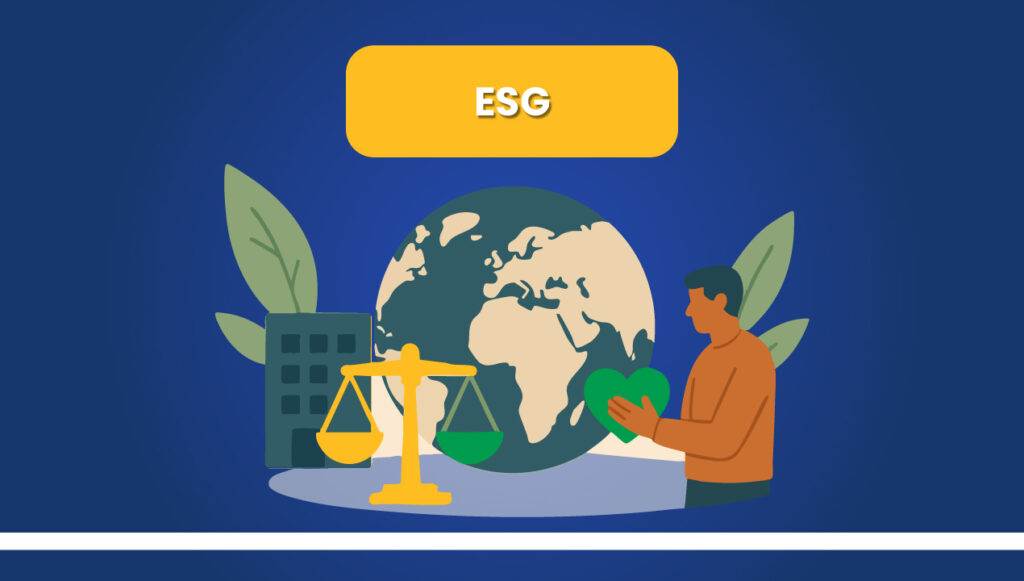Inclusive Growth Through ESG: Understanding Principle 8 of SEBI’s BRSR – August 2024 Edition
The August 2024 ESG Newsletter by CNK & Associates LLP delves into the critical role businesses play in promoting inclusive growth and equitable development, as defined under Principle 8 of SEBI’s Business Responsibility and Sustainability Reporting (BRSR) framework. With increasing awareness around corporate social responsibility (CSR) and sustainability, this edition highlights how companies can go beyond profits to create lasting socio-economic and environmental impact—especially within the communities they operate in.
The newsletter begins by addressing the complex relationship between businesses and local communities. While corporations generate employment and stimulate local economies, large-scale operations can also displace vulnerable populations, strain infrastructure, and negatively affect small enterprises. Principle 8 of SEBI’s BRSR urges companies to recognize these risks and take concrete steps toward community upliftment and responsible development.
Key areas of implementation include:
Economic Empowerment: Partnering with minority-owned local businesses and supporting financial literacy or employment generation. A notable example is ITC’s e-Choupal initiative, which connects rural farmers directly to markets, reducing dependency on middlemen.
Social Development: Investing in healthcare, education, and community-based programs. The Infosys Foundation’s Akshaya Patra Program is highlighted for delivering nutritious mid-day meals to underprivileged children to improve school attendance and health.
Environmental Sustainability: Supporting reforestation and water management projects that address climate risk. For instance, the Tata Group’s water initiatives demonstrate corporate commitment to rural resource security.
The newsletter also includes a powerful contribution from YUVA (Youth for Unity and Voluntary Action), which shares real-life case studies on place-making and transforming neglected urban areas into community-friendly green zones. This underscores the importance of corporate-NGO partnerships in driving grassroots ESG impact.
Another crucial section introduces readers to key Indian community welfare laws like:
The Right to Fair Compensation Act (2013) for resettlement in land acquisition,
The Forest Rights Act (2006) for protecting indigenous land rights, and
The Mines and Minerals Act (2015) for benefiting mining-affected communities through the District Mineral Foundation.
Additionally, best practices from companies like Infosys BPM, Hindustan Unilever, and Vedanta showcase how industry leaders are integrating MSME sourcing, digital education access, and grievance redressal systems into their ESG strategies.
The newsletter concludes by explaining how Principle 8 aligns with Sustainable Development Goals (SDGs) and Integrated Reporting Capitals, offering a measurable roadmap for ESG investment and evaluation.






